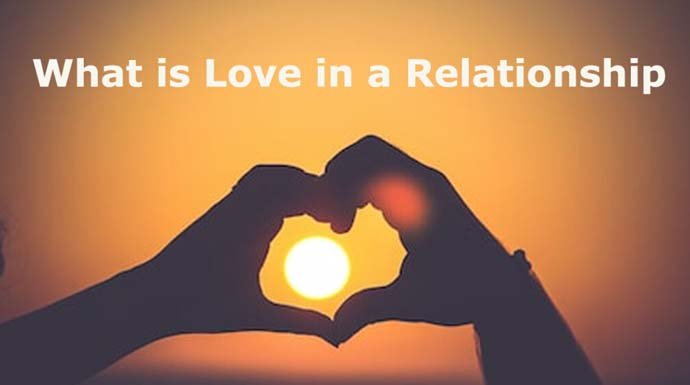Unraveling the Mystery: What is Love in a Relationship?
Love – a simple four-letter word that carries immense weight and meaning in our lives. It is an emotion discussed, analyzed, and debated throughout human history. Love has inspired countless songs, poems, and works of art, yet it remains one of the most enigmatic feelings we experience.
This post will delve into the essence of love in a relationship, exploring its various dimensions and understanding how it enriches and transforms our lives.
The Multifaceted Nature of Love
Love is not a singular, monolithic concept. Instead, it is a complex interplay of several components that manifest differently in a relationship. Some of these facets include:
Emotional Connection
Love is characterized by a deep emotional bond between two individuals, which involves feelings of affection, warmth, and attachment. This connection often transcends superficial attributes and is built on mutual understanding and empathy.

Trust and Respect
Love in a relationship is rooted in trust and respect for each other’s values, feelings, and opinions. It involves creating a safe space where both partners feel comfortable sharing their vulnerabilities and expressing their needs.
Commitment
Love entails a sense of responsibility and dedication to the relationship, where both partners are willing to invest time, effort, and resources to nurture and sustain it.
Physical Attraction
Love often encompasses physical desire and attraction between partners, which can be expressed through intimacy and touch.
Intellectual Compatibility
Love thrives when two individuals share similar interests, values, and perspectives, leading to stimulating conversations and a deeper connection.

Frequently Asked Questions about What is Love in a Relationship?
Q.1 What is the difference between love and infatuation?
A. Love is a deep, multifaceted emotion characterized by emotional connection, trust, respect, commitment, physical attraction, and intellectual compatibility. Love tends to be more stable and mature, while infatuation can be impulsive and superficial. Conversely, infatuation is a short-lived, intense passion or admiration that often fades over time.
Q.2 How can I tell if I’m in love?
A. Recognizing love can be subjective, as it varies from person to person. Some signs that you may be in love include feeling a strong emotional connection, prioritizing your partner’s happiness, experiencing a sense of security and trust, being willing to make sacrifices, and feeling a deep attachment.
Q.3 How can I cultivate love in my relationship?
A. Cultivating love in a relationship requires open communication, mutual understanding, and shared experiences. Some practical steps include expressing appreciation, engaging in quality time together, practicing empathy, maintaining trust, and supporting each other’s personal growth.
Q.4 Can love fade over time?
A. Love can evolve and change over time, transitioning through various stages. It is natural for the intensity of love to fluctuate. Still, with conscious effort, communication, and commitment, love can continue to grow and strengthen.
Q.5 How important is physical attraction in a loving relationship?
A. Physical attraction can play a role in the initial stages of a relationship, but it is not the sole determinant of love. A strong emotional connection, trust, and intellectual compatibility are equally important for sustaining a loving relationship. Physical attraction may wane over time, but these other aspects of love can continue to deepen.
Q.6 Is it possible to love more than one person simultaneously?
A. Human emotions can be complex, and it is possible to experience love for more than one person simultaneously. However, navigating such feelings can be challenging and require open communication and understanding from all parties involved to ensure everyone’s needs and boundaries are respected.
Q.7 How can I know if my partner truly loves me?
A. While there is no foolproof way to know if someone truly loves you, some signs may indicate their love. These include prioritizing your happiness, showing empathy and support, expressing affection, engaging in open communication, and demonstrating a commitment to the relationship.
